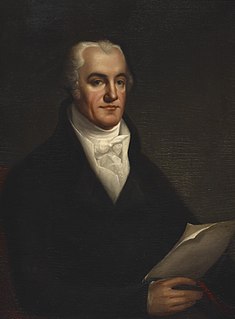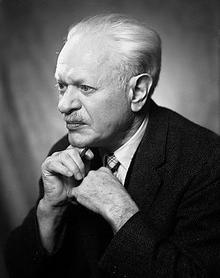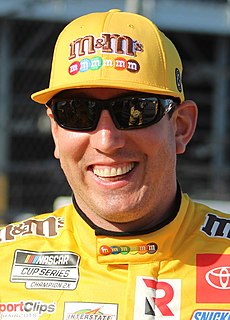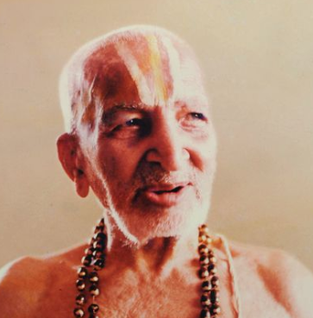A Quote by Mooji
Feelings, by themselves, do not create problems. It is rather the tendency to interpret and analyze them. When out of habit you believe those interpretations, it is there that the suffering begins.
Related Quotes
The end of suffering happens in this very moment, whether you're watching a terrorist attack or doing the dishes. And compassion begins at home. Because I don't believe my thoughts, sadness can't exist. That's how I can go to the depths of anyone's suffering, if they invite me, and take them by the hand and walk them out of it into the sunlight of reality. I've taken that walk myself.
As soon as one identifies, challenges and overcomes illegitimate power, he or she is an anarchist. Most people are anarchists. What they call themselves doesn’t matter to me. The world is full of suffering, distress, violence and catastrophes. Students must decide: does something concern you or not? I say: look around, analyze the problems, ask yourself what you can do and set out on the work!
Most people would rather change their circumstances to improve their lives when instead they need to change themselves to improve their circumstances. They put in just enough effort to distance themselves from their problems without ever trying to go after the root, which can often be found in themselves. Because they don't try to change the source of their problems, their problems keep coming back at them.
The natural tendency of children is to solve problems, but we try to indoctrinate them with facts, which they are supposed to feed back, and then we fail them. And that's child abuse. And you should never raise children that way. You should cultivate and encourage their natural tendencies to create solutions to the problems around them.
The suffering that food animals undergo, the suffering of those who eat them and profit by them, the suffering of starving people who could be fed with the grain that feeds these animals, and the suffering we thoughtlessly impose on the ecosystem, other creatures, and future generations are all interconnected. It is this interconnectedness of suffering, and its reverse, of love, caring, and awareness, that calls out for our understanding.
I think that education today is a form of child abuse. The natural tendency of children is to solve problems, but we try to indoctrinate them with facts, which they are supposed to feed back, and then we fail them. And that's child abuse. And you should never raise children that way. You should cultivate and encourage their natural tendencies to create solutions to the problems around them.
One of the problems with trying to help underdogs, especially with government programs, is that they and everyone else start to think of them as underdogs, focusing on their problems rather than their opportunities. Thinking of themselves as underdogs can also dissipate their energies in resentments of others, rather than spending that energy making the most of their own possibilities.




































